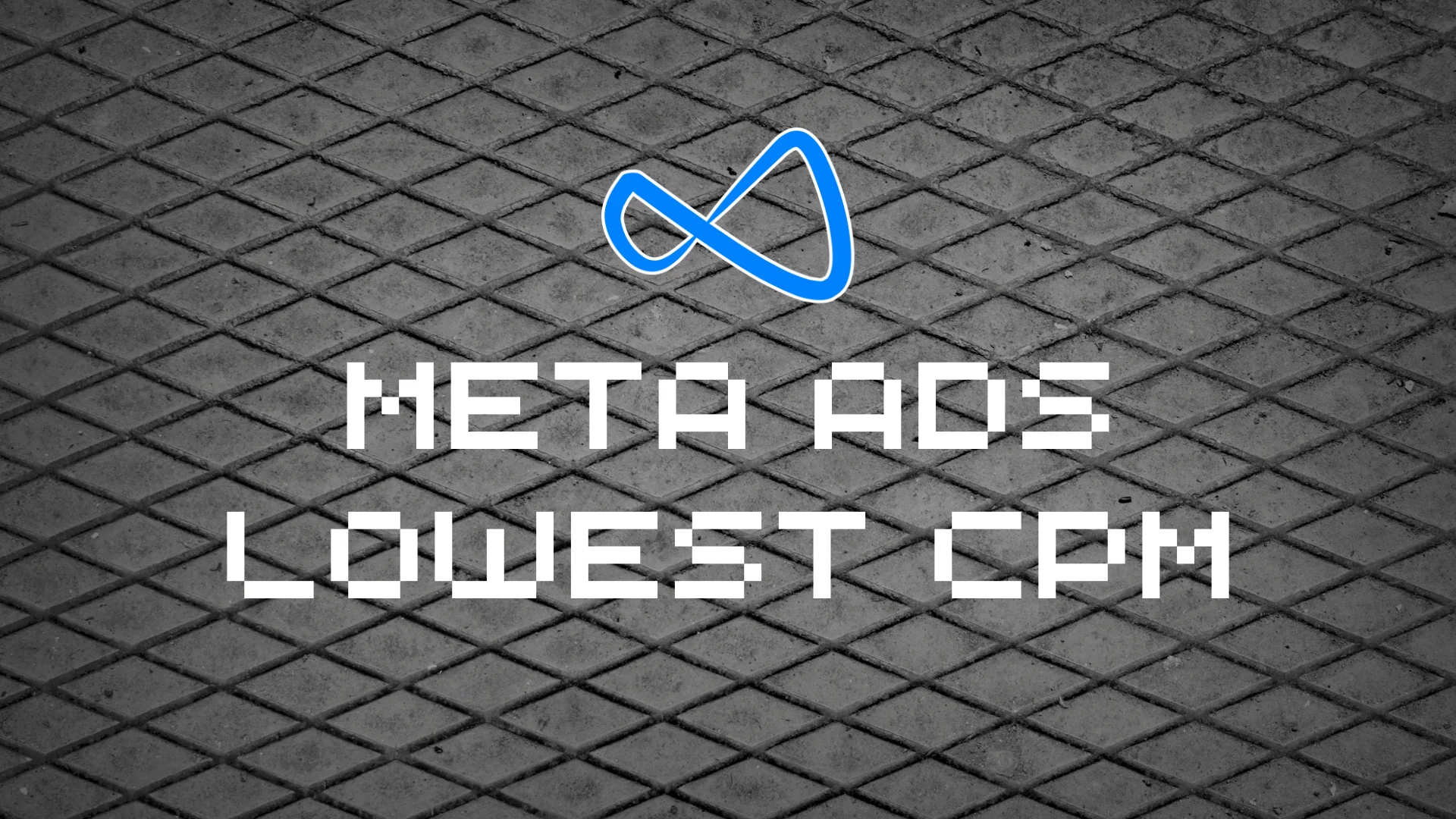Imagine a world where your FMCG product is more than just another item on the shelf. It’s the product that customers reach for without hesitation. Exciting, right? In 2022, the FMCG industry experienced a strong growth of 6.3%, with segments like pet care and snacking leading the way. However, despite this growth, today’s consumers are more vigilant than ever, with rising costs and global uncertainties making them more cost-conscious and selective. So, how do you make your brand the go-to choice in this dynamic world? This is where the magic of FMCG branding strategies comes in. And we’re not just talking about flashy logos or catchy jingles. We’re talking about creating a connection, building trust, and delivering value that resonates with your audience. Whether it’s through innovative strategies, embracing the latest trends, or understanding the market, this article is here to help your FMCG brand thrive in this competitive field. Let’s dive into the world of FMCG branding, where every strategy and insight could be the key to unlocking your brand’s potential. Ready to take your brand to the next level? Let’s get started!
Essentials of FMCG Branding
Have you ever stopped to think about what makes a brand stick in your customer’s mind? Understanding the “why” and “how” of branding in a fast-paced consumer goods market is crucial. For professionals in the FMCG sector, grasping the essentials is the first step towards building a brand that captures attention and retains customer loyalty. In the FMCG industry, effective branding relies on three key essentials: developing a clear brand identity, conducting market research, and brand differentiation.
Defining Your Brand
Think of your brand as the heartbeat of your product. It’s a promise, a commitment. It sets you apart on the shelf and in the hearts of your customers. Take Dove, for example. Dove’s brand goes beyond soap. Its marketing strategy revolves around confidence, beauty, and self-esteem, making it a trusted brand. This brings us to the first important point: establishing a clear brand identity. You need to define what your brand stands for, its values, and its unique selling points. Your brand identity should be distinct and consistent across all channels, helping customers recognize and remember your products. However, crafting a strong brand identity requires a deep understanding of your market, competitors, and the unique value your product offers. Many famous brands collaborate with FMCG branding experts to achieve this. These agencies bring expertise in market analysis, creative design, and strategic messaging, helping brands create an identity that resonates with target audiences.
Market Research and Understanding Your Audience in FMCG
Do you know who’s buying your products? Market research is like a GPS for navigating the complex terrain of consumer preferences. It’s a way of understanding what your customers need and dream of. Knowledge is power, and in FMCG branding, it’s the power to connect meaningfully with your audience. Market research provides a clear picture of who your customers are, what they want, and how they behave. By utilizing tools like consumer surveys, focus groups, and market segmentation, you can tailor your FMCG branding strategies to meet the precise needs and desires of your market. For example, if research shows a growing trend towards eco-conscious products, a brand could pivot to sustainable packaging, highlighting this in its marketing campaigns. However, keep in mind that market research is an ongoing process to keep up with changing consumer trends and behaviors. Partnering with specialized FMCG marketing agencies can make a significant difference in providing valuable insights and ensuring your strategies remain effective in an evolving market.
Brand Differentiation and Identity for FMCG
Differentiation is the key in a crowded marketplace like the FMCG industry. Why should someone choose your product over another? What makes your brand unique? Successful FMCG brands stand out by offering something different. For instance, Red Bull has successfully differentiated itself in the energy drink market by positioning itself as a lifestyle brand synonymous with extreme sports and high-energy activities. Brand differentiation is about finding and highlighting what sets your brand apart from competitors, whether through product innovation, customer service excellence, or a unique brand story. Differentiation helps position your brand in the consumer’s mind, making it more likely they’ll choose your products over others.
Key Strategies in FMCG Branding
Enhancing customer experience and engagement, innovative packaging and design, and effective pricing strategies and product positioning are essential strategies in FMCG branding.
Customer Experience and Engagement
In the FMCG sector, customer experience is crucial. Products are often undifferentiated, so what sets you apart is customer experience and engagement. Personalizing the customer journey, using data analytics to tailor experiences and product offerings, and incorporating technologies like augmented reality can deepen brand connection. Exceptional customer service, especially post-purchase support, plays a significant role in enhancing satisfaction and loyalty.
Innovative Packaging and Design in FMCG Products
First impressions count, and your packaging is often the first interaction a customer has with your product. Innovative packaging that stands out, is user-friendly, and communicates your brand’s values can significantly influence buying decisions. For example, Lay’s “Do Us a Flavor” campaign used packaging as a central element, inviting customers to submit new flavor ideas and featuring the winning flavors on store shelves.
These strategies, along with effective pricing and product positioning, can boost consumer perception and brand value in the competitive FMCG industry. It’s important to continuously adapt and evolve your branding strategies to stay relevant and meet the changing needs of your market.
Source link























